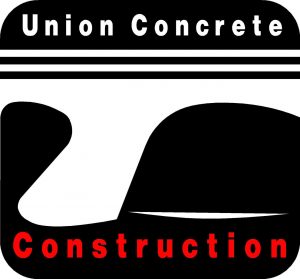Green Infrastructure in the Buffalo-Niagara Region
September 29, 2016
On Tuesday, October 11th, top environmental experts ranging from leaders in academia, policy, green infrastructure, and community-based organizations held a policy forum at the Buffalo History Museum, the focus of the discussion focused on green infrastructure in the Buffalo-Niagara Region. The forum was held in a two-panel discussion, both with an equal mix of interests and expertise, and was preceded by a background paper, written by Smitha Gopalakrishnan, PhD scholar, Urban Planning Department at University of Buffalo. The questions were geared towards developing a deeper understanding on what the role of green infrastructure will play in the sustainable economic growth, and improving the water quality in Western New York.
The Great Lakes Region, more specifically Erie County and the Buffalo-Niagara Region have been suffering from the impacts of stormwater overflows, taking a toll on several communities throughout area. This panel aids in developing a deeper understanding of recognizing the strides made by the Buffalo-Niagara Region to date, but stresses the importance, and need for a further policy push to help incentivize the implementation of green infrastructure, which is something New York State has yet to adopt unlike the other Great Lakes areas impacted by similar issues.
The first panel, moderated by Lynda Schneekloth, Professor Emeritus at the University at Buffalo School of Architecture and Planning, included experts and professionals from: the Buffalo Sewer Authority, PUSH Buffalo, the Army Corps of Engineers, Wendel, and the University at Buffalo School of Architecture and Planning. The panelists answered the series of questions in a discussion on their innovative green infrastructure work being done respective to their affiliation. Further discussed was the importance of overall collaboration, and how the City of Buffalo serves as a continued leader in addressing the issues of improving their water quality and maximizing their economic growth. To tie up the panel, the future of the projects were addressed by linking in the key challenges that are expected; the largest being the need for maintenance funding as well as civic engagement to bring the general public into the conversation, stressing the reasoning for the investment of public funds into green infrastructure projects.
The second panel, moderated by Carley Hill, Safety Director and Environmental Officer, Union Concrete and NYLCV Education Fund Board Member, included experts and professionals from: Buffalo Niagara Riverkeeper, Go Bike Buffalo, the UB Regional Institute; as well as the Mayor of Williamsville, Brian Kulpa. The focus of this conversation shifted in the large scale picture of green infrastructure will look like, and play, in the future of watershed management and other regional planning efforts. Specific projects were highlighted, such as the Niagara Street Gateway. Panelists also stressed the importance of leadership from policymakers and continued public engagement – an overarching theme throughout the entire day – as one of the most significant steps towards enabling the region in maximizing benefits of One Region Forward.
The policy forum was informative for all members in the audience, as well as other panelists, towards understanding how to build a greener, healthier, and more sustainable Western New York. It also laid the groundwork to continue the conversation in Albany, at the NYLCVEF’s next Policy Forum.
Our policy recommendations stemming from the discussion are available here.
The forum was hosted by the Buffalo History Museum, generously sponsored by Roux Associates and Union Concrete, and featured by WBFO Buffalo.
Related Articles
THANK YOU TO OUR PLATINUM CORPORATE PARTNERS
Website by Trillion.
© 2017 New York League of Conservation Voters Education Fund. All rights reserved.











